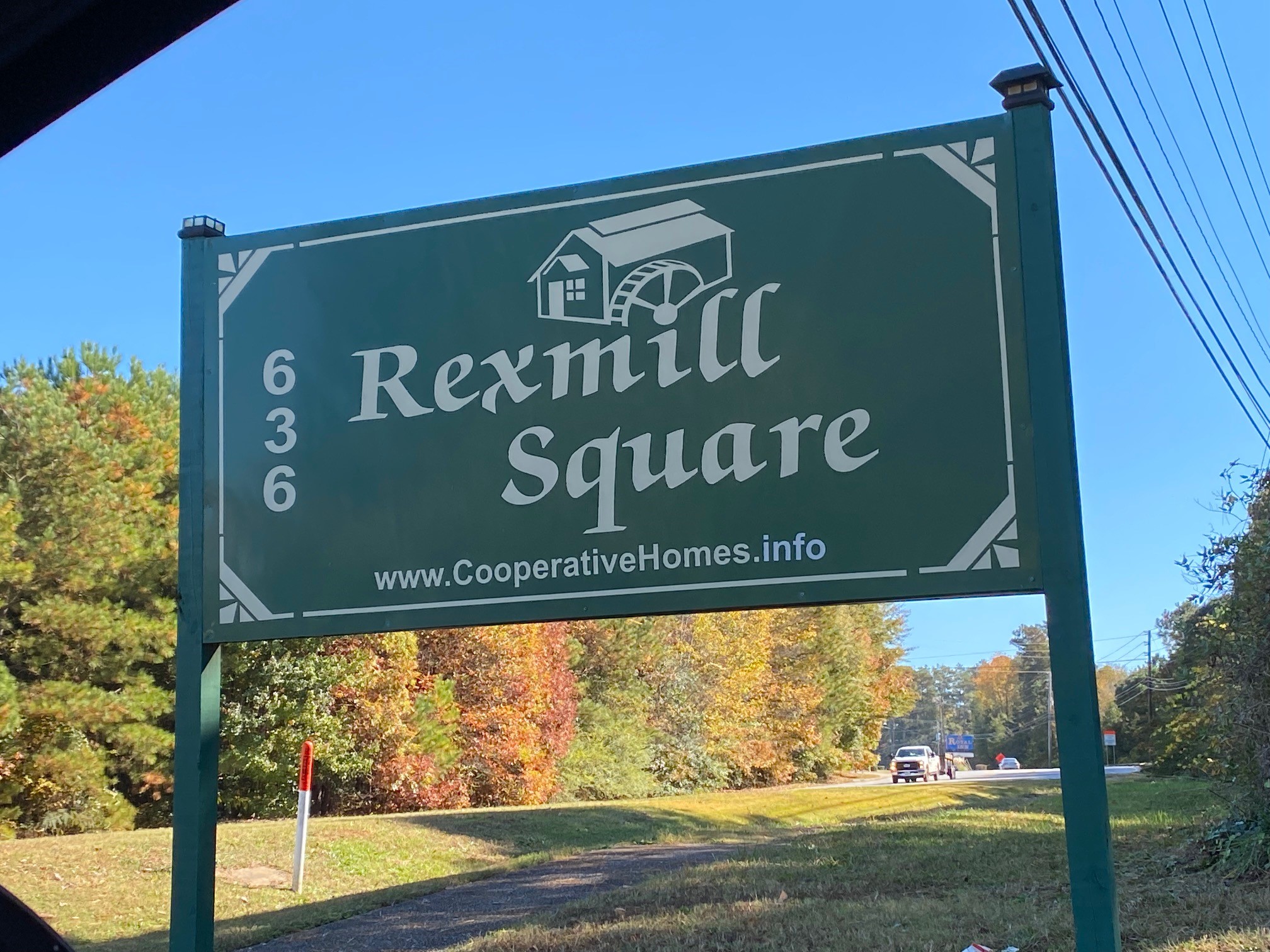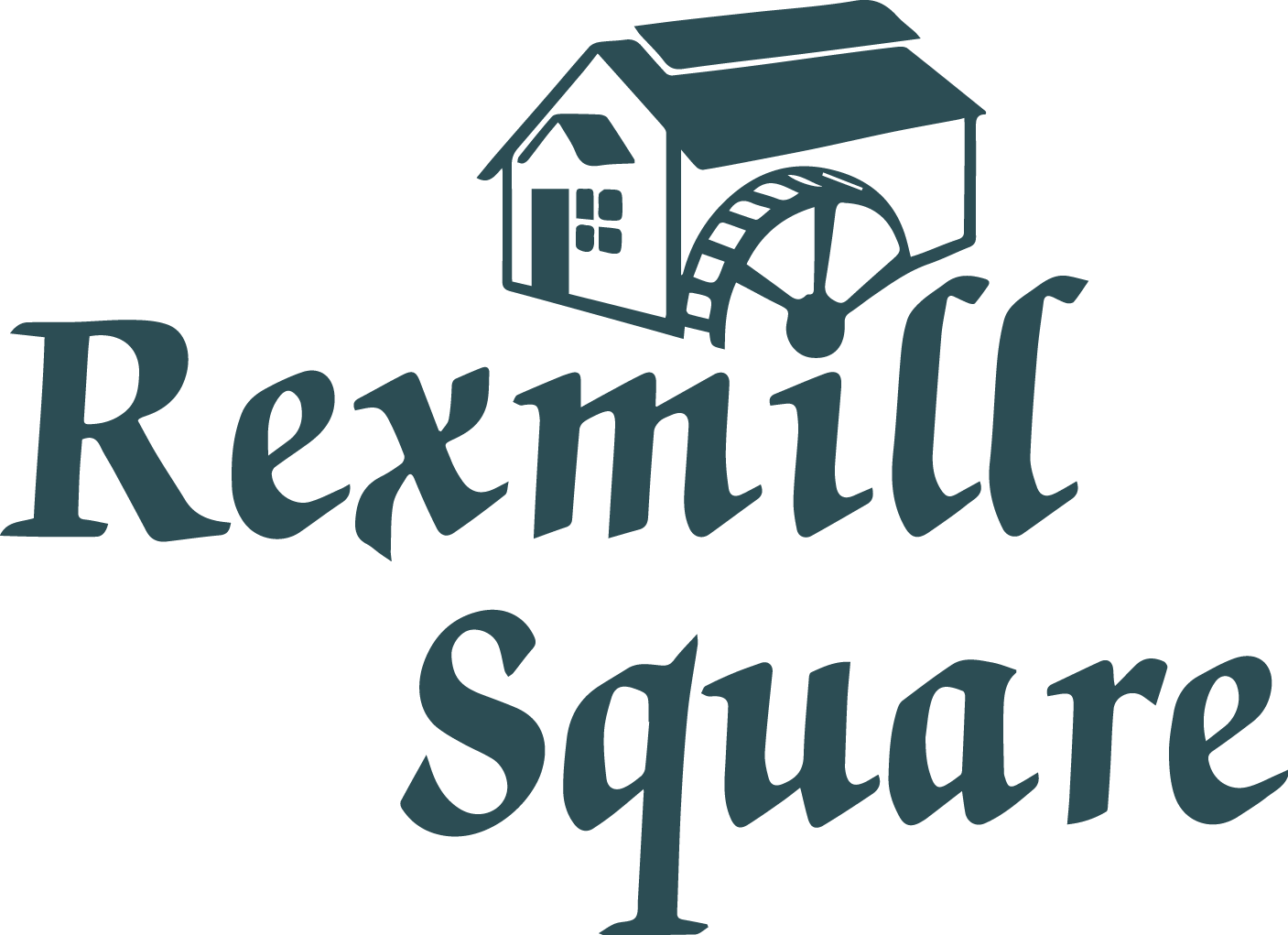
Our Story
This small but quaint gated community, set back from the street, with little or no traffic. A private outdoor entry, with a patio and an assigned parking space. The home has a full-size washer and dryer area, plenty of closet space.
Rexmill square amenities include the use of a fabulous clubhouse featuring a full-size kitchen and bathroom, for its member to rent for all occasions for a small fee.
What is a Co-op?
A cooperative is a group of people working together in a joint economic activity that is owned and operated by its members for their mutual benefit.
In a housing cooperative, a housing development is jointly operated by its members. They own membership certificates in the corperation, giving them the right to occupy a dwelling unit and participate in the operations of the corporation. The cooperative housing corporation owns the total property. A not-for-profit corporation.
A cooperative is a business controlled by the people who use it. It is a democratic organization whose earnings and assets belong to its members. By patronizing and becoming an active member of a co-op, you invest yourself with the power to shape that business. You control the politics and economics of what is truly your organization.
Economic Advantages
Equity
Cooperative housing gives you the opportunity to share in owning your dwelling. You, as an individual, do not own the unit you are occupying; instead, you and the other members own the entire assets (property) of the cooperative. Joining the cooperative will allow you to build a limited equity, that is, to establish some value in the property.
Affordable
Lower down payment, much lower closing costs, economies of scale and longer mortgage terms all make co-ops more affordable than other ownership housing. Members have no reason to substantially increase monthly charges, unless taxes or operating costs go up, so monthly charges remain reasonable.
Tax Deductions
For income tax purposes, the co-op member is usually considered a homeowner and, as such, can deduct his or her share of the real estate taxes and mortgage interest paid by the cooperative.
Limited Liability
Members have no personal liability on the co-op mortgage. The cooperative association is responsible for paying off any mortgage loans. This can make it possible for persons whose income might not qualify them for individual mortgage to buy a membership in a limited equity co-op.
Consumer Action
Through their cooperative Association, members can jointly exert influence in order to change tax rates and utility prices and obtain improved services from local governments. The co-op, as a consumer advocate, can also join with other organizations.
Savings
Co-op members can benefit from economy of scale in co-op operating costs as well as from not-for-profit operation. Also, when there are "transfers" only the outgoing member's equity must be financed by the incoming member. Transfers of shares are subject to fewer selement costs.
Physical Benefits
Shared Maintenance Responsibilities
Co-op members usually have limited direct maintenance responsibilities. The cooperative association is responsible for major repairs, insurance, replacement of worn out equipment and upkeep of common grounds and facilities.
Vandalism and Security
Co-op members vigorously protect their association's property. An important benefit of converting rental properties to co-op ownership is reduction in vandalism and abuse of property and improved and shared security arrangements. Recent Studies have shown that the co-ops presence in the neighborhood brings neighborhood crime down.
Freedom and Mobility
The co-op member owns a share in the housing development, not a particular dwelling unit. A co-op membership can usually be more readily resold than other real estate, for it costs considerably less and involves a simpler transaction.
Good Quality, Modest Housing
Co-ops seek to provide the highest quality housing possible within cost guidelines, both in initial construction and through continuing maintenance. Most are newly constructed but many groups have restored and updated existing housing and other buildings.
